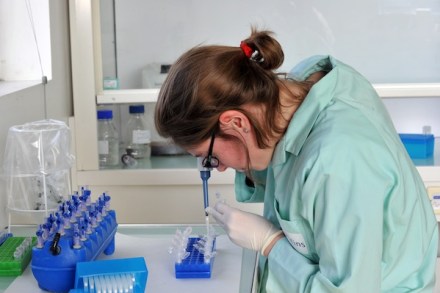The dangers of cancer screening
Within five years, we could find out how genetically predisposed we are to developing certain types of cancer. Through DNA screening, the most susceptible of us will be prompted to adapt our lifestyles accordingly and ultimately reduce the risk of developing the disease. The breakthrough has been hailed as the ‘the biggest leap forward yet in understanding the genetic basis of cancer’. But at what cost? The good news is clear enough. Researchers at the Institute of Cancer Research and Cambridge University have identified 74 ‘single nucleotide polymorphisms’ – small physical elements found on human DNA – that correlate with the probability of developing ovarian, breast and prostate cancer. Of these, 16 are


















